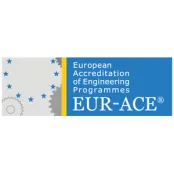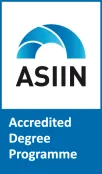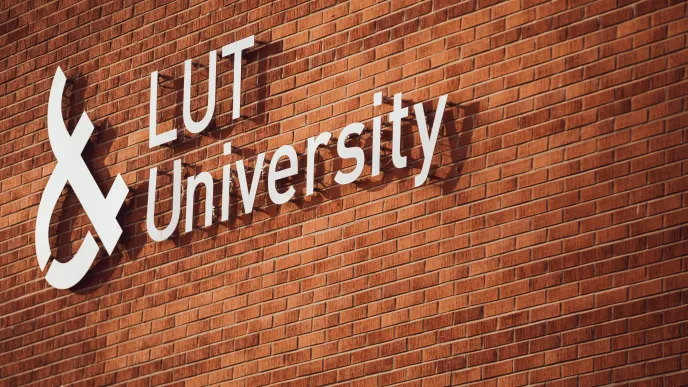

The programme is accredited by international EUR-ACE® and ASIIN standards for high quality degree programmes in engineering.
The circular economy is a systemic model that addresses global sustainability challenges such as climate change, biodiversity loss, and the overconsumption of natural resources. It also serves as a strategic framework for minimising waste and emissions by closing and narrowing material and energy loops, thereby maintaining products, materials, and resources at their highest utility and value for as long as possible.
This programme offers a comprehensive look at the circular economy, combining perspectives and practical tools to help you understand how circularity works in various contexts. Closely aligned with sustainability science, the curriculum also introduces key concepts for advancing societal change toward strong sustainability, such as planetary boundaries, just transitions, sufficiency, and ecological economics.
The programme is well-suited for people with a full-time job. Most of the content is available online, and in-person instruction is offered during intensive periods. However, participation in the programme requires occasional in-person attendance at the Lahti campus.
Admissions guide 2026
What will you learn in the programme?
In this multidisciplinary master’s programme, you will develop the knowledge and skills to help societies and organisations transition toward the sustainable use of finite resources while promoting planetary well-being.
The courses explore how circular economy principles can be applied across diverse contexts and how circularity can generate added value for companies and other organisations.
You will learn to
- design innovative solutions that replace goods with services, extend product life cycles, and enable sharing-based business models;
- evaluate environmental and social impacts using tools such as life cycle assessment;
- apply systems thinking and related theories to understand the dynamics of societal changes on different scales;
- identify systemic barriers and leverage points for transformative change;
- develop and critically assess sustainable business models that generate long-term value within planetary boundaries.
Degree structure and studies
The Master's Programme in Circular Economy takes two years. It leads to the degree of Master of Science in Technology, M.Sc. (Tech.), which is 120 ECTS credits.
The programme includes core, advanced specialisation, minor and elective studies as well as a master's thesis. Read more in this academic year’s curriculum.
Quality of education
The high quality of education is one of the most important principles on which we will not compromise. International programme accreditations ensure the continuous development of our education and the international recognition of the degrees of our graduates. LUT University was one of the world’s top 300 universities in the THE World University Rankings 2025, which is one of the most highly regarded university ranking systems.
The systematic quality assurance procedures that we have developed over a long period guarantee the high quality of our degree programmes and the strong competence of our graduates in the future labour market. The underpinning elements of our education quality are the contents of our degree programmes, which are based on innovations of scientific research and the needs of the working world, and active student–teacher interaction. We evaluate the quality of our education through several follow-up procedures and feedback channels (e.g., course feedback, graduate feedback, alumni feedback, thesis commissioners’ feedback).
Career prospects
The master's programme prepares you to work as a professional in the circular economy in a wide range of jobs focusing primarily on sustainable business and production.
As a graduate, you may find jobs in industry, consultancy, regulatory agencies, and governmental and non-governmental organisations, where growing interest in sustainability has created new job opportunities.
Graduates from this programme are typically employed as environmental specialists in consulting companies, sustainability specialists in product or business development, experts in urban planning, environmental managers or officers in industry or government administration, sustainability or safety specialists in industry, and researchers in research institutes or universities.
You will also have a firm basis to continue your studies in doctoral programmes.
Contact Admissions Services
The LUT Admissions Services are here to assist you in all matters related to applying to international bachelor's and master's programmes.
For questions about admission criteria or entry requirements, please reach out to us by email: admission@lut.fi.
Chat with our students
Do you want to know more about studying at LUT, student life, or housing on LUT's campuses?
For questions about admission to bachelor's or master's degree studies, please email admission@lut.fi.



